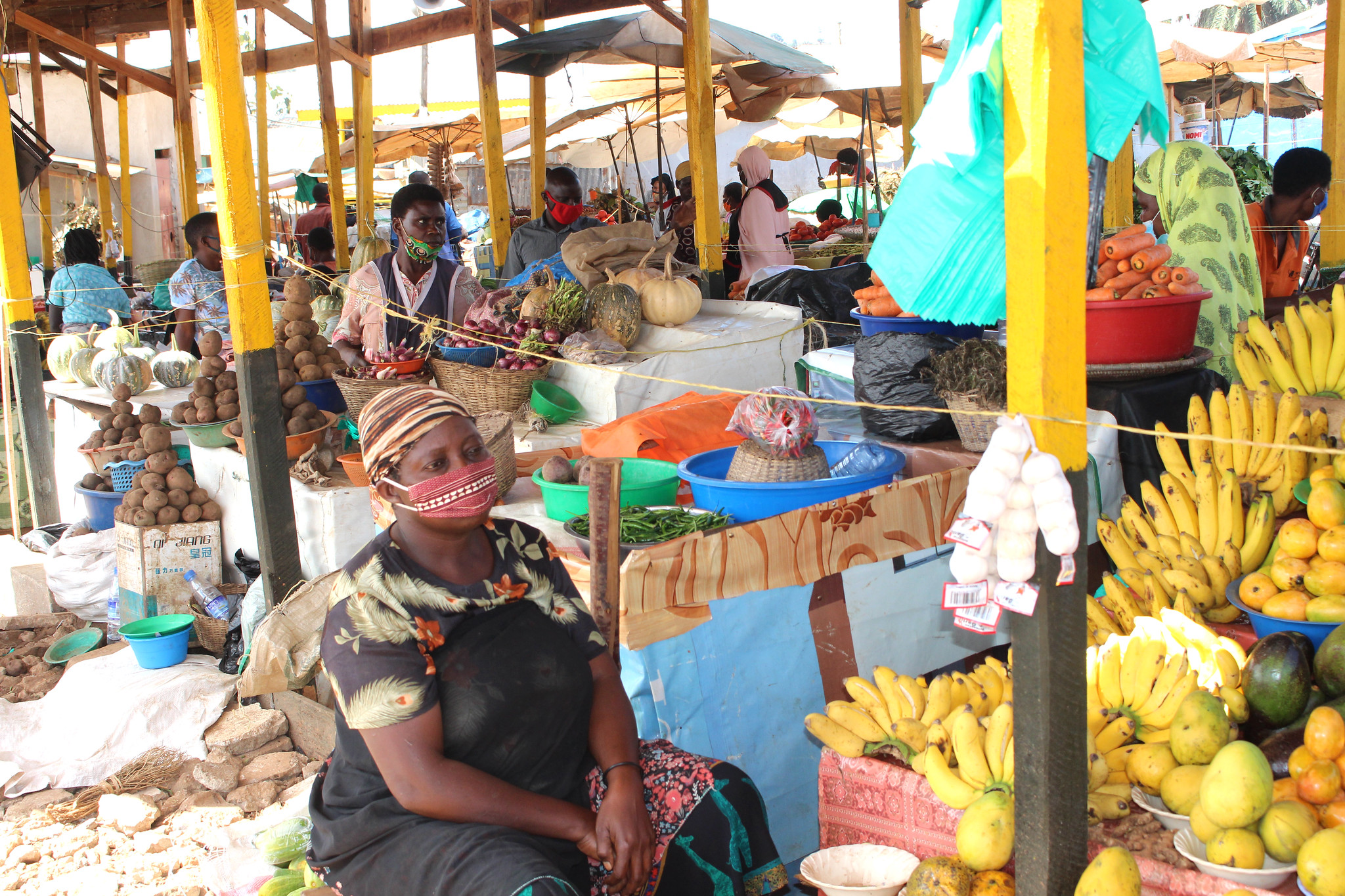In recent years, numerous studies have investigated attitudes toward and access to Covid-19 vaccines. However, there has been a noticeable lack of research focusing on gender disparities in vaccination rates within sub-Saharan Africa. A new study published in Frontiers in Global Women’s Health highlights an interesting finding: while men and women self-reported similar Covid-19 vaccination rates in 2022, unvaccinated men showed a greater willingness to get vaccinated compared to their female counterparts.
Typically, women demonstrate better health-seeking behaviors than men. Nonetheless, many Covid-19 vaccination studies indicated lower intentions among women. “We wondered if this pattern would persist at the uptake level,” remarks Rawlance Ndejjo, a primary investigator and assistant lecturer in the Department of Disease Control and Environmental Health at Makerere University.
The comparable vaccination rates between genders is seen as a positive development, notes Lula Chen, research director at MIT Governance Lab (GOV/LAB) and co-author. “There were no discernible gender biases in how the vaccine was marketed or in access to it.”
Interestingly, women’s reduced intention to vaccinate seemed to stem from concerns regarding vaccine safety. This points to the need for transparent communication about vaccine safety from trusted sources, such as the Ministry of Health, to potentially improve vaccination uptake.
The research initiative is a collaborative effort involving scholars from MIT GOV/LAB, Makerere University’s School of Public Health in Uganda, University of Kinshasa’s School of Public Health in the Democratic Republic of the Congo, University of Ibadan’s College of Medicine in Nigeria, and Cheikh Anta Diop University in Senegal.
Investigating Vaccine Availability and Uptake in Sub-Saharan Africa
The collaboration started in 2021, focusing on Covid-19 vaccination rates, individuals’ willingness to get vaccinated, and how trust in various authorities influenced attitudes towards vaccines in Uganda, the DRC, Senegal, and Nigeria. A previous survey in Uganda indicated that those who received Covid-19 information from healthcare professionals were more likely to be vaccinated, underscoring the crucial role of healthcare workers in vaccination campaigns.
Other research has shown that women are generally less likely to accept Covid-19 vaccines compared to men, particularly in low- and middle-income countries. This disparity may be influenced by factors such as lower educational levels, professional responsibilities, and domestic caregiving roles.
Historically, studies exploring gender differences in vaccination intention and uptake in sub-Saharan Africa have yielded inconclusive results, according to Ndejjo. “There’s a dearth of actual studies focusing on vaccine uptake,” he adds. This new study aimed to address that gap.
Trust in Authorities Impacts Vaccination Rates
The researchers utilized phone survey data collected from adults in the four participating countries between March and July 2022. The surveys probed whether individuals had been vaccinated and the intention to vaccinate among those who had not, along with their attitudes towards Covid-19, trust in various authorities, demographic details, and more.
Findings showed that 48.5 percent of men reported having been vaccinated, versus 47.9 percent of women. Trust in authorities appeared to significantly influence the decision to vaccinate; receiving information from healthcare workers about Covid-19, as well as higher trust in the Ministry of Health, were both linked to increased vaccination rates among men. Conversely, higher trust in government was more closely associated with vaccine uptake among women.
Vaccine Hesitance Among Women Tied to Safety Concerns
Among unvaccinated individuals, only 54 percent of women expressed an intention to get vaccinated, compared to 63.4 percent of men. A greater proportion of unvaccinated women reported concerns regarding vaccine safety, which likely contributed to their lower intention.
Interestingly, the intention to vaccinate among unvaccinated women and men over the age of 40 was similar, suggesting that younger women’s lower intention could be driving the overall gap. Concerns related to pregnancy could influence younger women’s vaccine hesitance, according to Chen, who emphasizes the need for healthcare officials to offer additional reassurance about vaccine safety to pregnant individuals.
Trust in health authorities also plays a critical role in vaccination intentions. For both men and women, trust in the Ministry of Health correlated with a higher likelihood of intending to vaccinate, while for men, trust in the World Health Organization similarly increased vaccine intention.
“It’s crucial to dispel prevalent myths and misconceptions surrounding vaccines,” Ndejjo asserts. Furthermore, addressing safety and efficacy concerns directly is essential. Health officials must collaborate with trusted sources of information to bridge observed gaps, ensuring individuals are supported in making informed health decisions.
“This research underlines the connection between citizens’ trust in government, their willingness to receive vaccinations, and notably the gender differences in this issue—differences that policymakers must understand for crafting more effective, gender-sensitive public health strategies,” states study co-author Lily L. Tsai, director and founder of MIT GOV/LAB and the Ford Professor of Political Science at MIT.
This project received support from the Bill & Melinda Gates Foundation.
Photo credit & article inspired by: Massachusetts Institute of Technology
